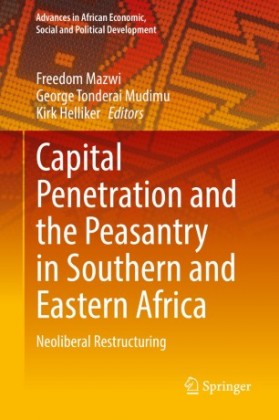
The idea and relevance of Compulsory Land Acquisition are central to the claims of many modern states world over. But how should we think of this practice in a post-colonial neoliberal context? This is the question at the heart of the theoretical criticisms and debates regarding Uganda’s Compulsory Land Acquisition Programme. In this debate, the government claims, and affirms, that a law on Compulsory Land Acquisition is needed because the government requires ‘land for development’. This chapter intervenes in the debate by raising the question of the form of state prevailing in Uganda today and the nature of ‘development’ it pursues. The chapter critically reviews some past cases of Compulsory Land Acquisition in Uganda in the post-1980 period. These cases demonstrate how in practice, the consolidation of neoliberalism requires an interventionist state, one that can, for instance, use its coercive instruments to avail land for capitalist development in agriculture. If Uganda’s ‘land for development’ drive has resulted in a coupling of a regime of state-led forced land acquisition (more broadly, ‘state-driven development’) with neoliberalism, I argue that we need therefore to decouple them analytically to allow for a historically and contextually informed query on the implications of land reforms in a post-colonial neoliberal context.

